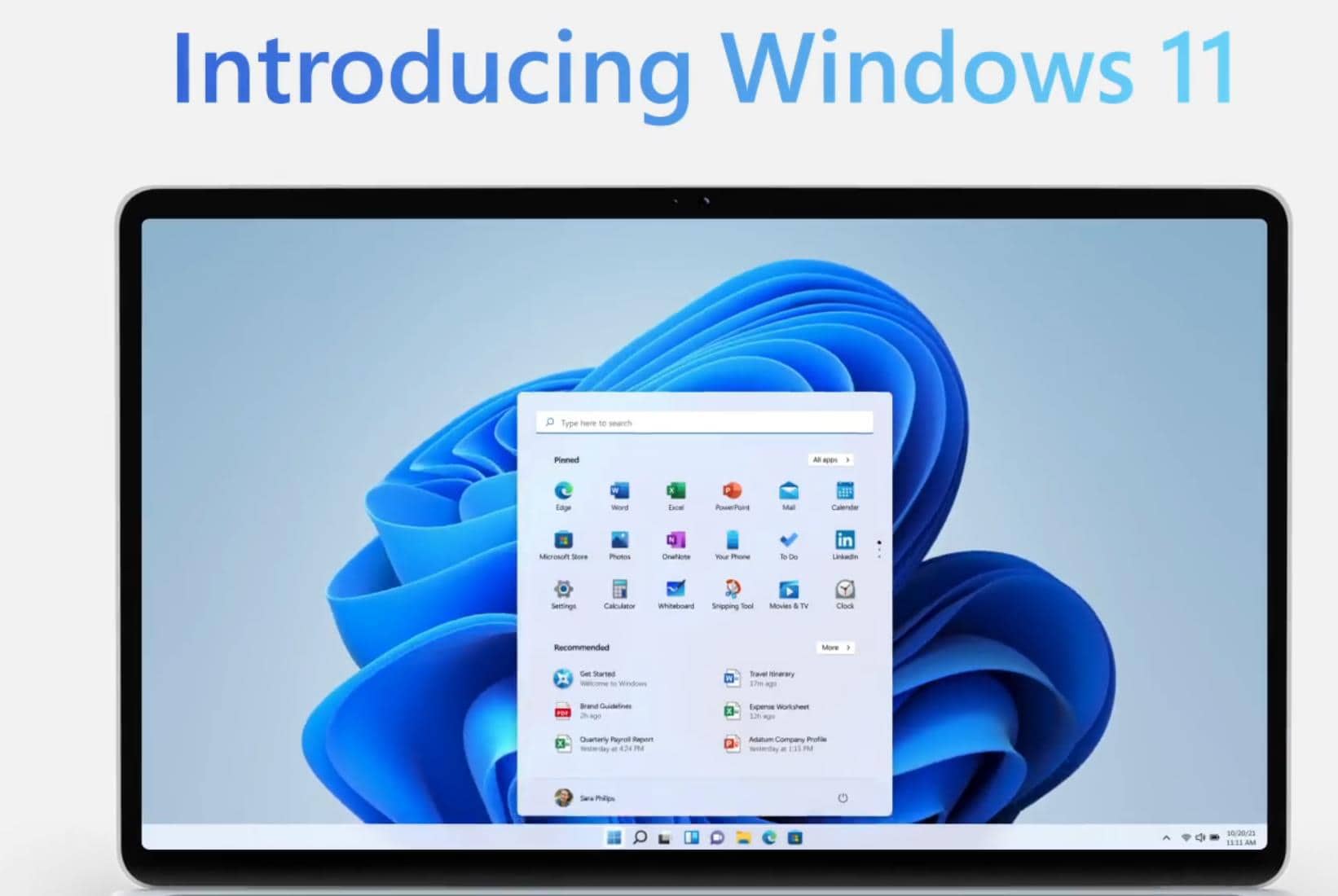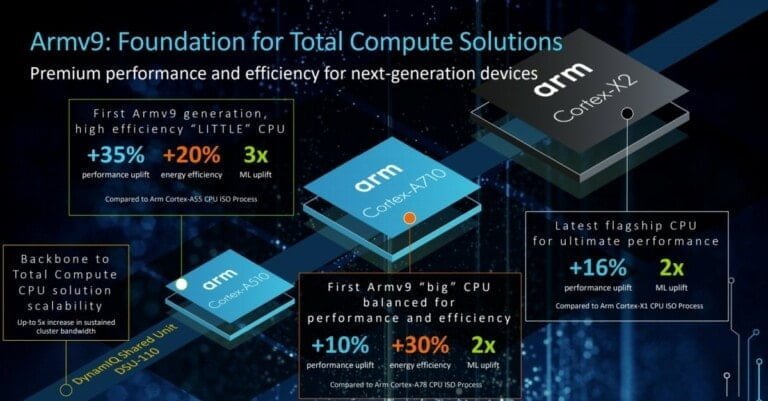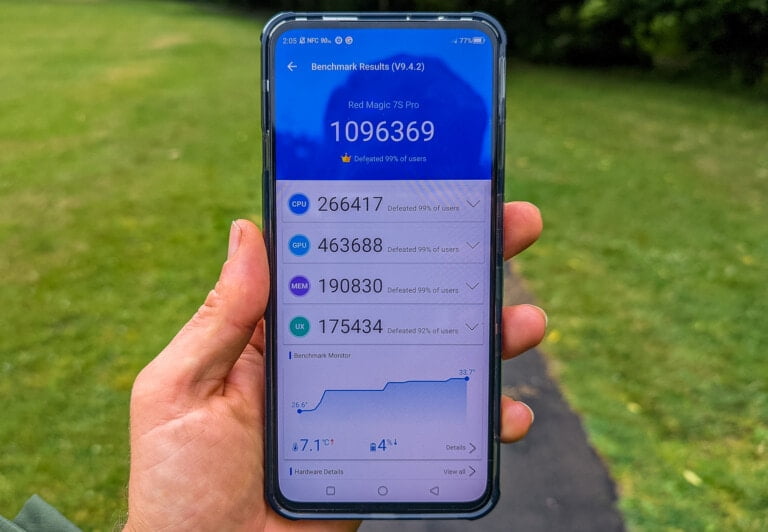Any links to online stores should be assumed to be affiliates. The company or PR agency provides all or most review samples. They have no control over my content, and I provide my honest opinion.
Windows 11 has finally been launched and you can upgrade your PC or laptop now, but you probably shouldn’t.
During the Beta phase, I noticed surprisingly few complaints about the new OS and things were looking promising, until now.
AMD has reported some significant performance issues with AMD Ryzen CPUs and Windows 11 and this will have a very large impact for gaming.
Up to 15% drop in latency-sensitive applications such as gaming
The problem is related to the way Windows 11 handles memory. When running specific applications under Windows 11, AMD’s Ryzen processors can exhibit L3 cache latencies that are up to three times longer, giving users a 3-5% performance drop in many applications and larger performance drops of 10-15% in latency-sensitive applications.
UEFI CPPC2 Preferred Core Not Working
Some users are also experiencing issues with the UEFI CPPC2 “preferred core” feature, preventing applications from scheduling applications to AMD’s fastest CPU cores. This results in sub-standard CPU performance for Windows 11 users, especially for Ryzen processors with more than eight cores. The impact of this problem is much smaller than the memory issues.
The memory performance problem will affect all applications so anyone using a Ryzen CPU should probably avoid upgrading for now. However, it will have a greater impact for gamers, as games are highly dependent on memory and cache performance and therefore it is strongly advised that any keen gamers with an AMD CPU avoid upgrading to Windows 11 for now.
AMD is working with Microsoft to address these performance issues on Windows 11 and I would expect a fix to be pushed out relatively quickly.
The exact detail of the problem is listed on the AMD support page and I have copied the information below.
AMD Windows 11 Performance Variation in Certain Applications on Compatible AMD Processors
| Known Performance Changes | Impact | Resolution |
| Measured and functional L3 cache latency may increase by ~3X. | Applications sensitive to memory subsystem access time may be impacted. Expected performance impact of 3-5% in affected applications, 10-15% outliers possible in games commonly used for eSports. | A Windows update is in development to address this issue with expected availability in October of 2021. |
| UEFI CPPC2 (“preferred core”) may not preferentially schedule threads on a processor’s fastest core. | Applications sensitive to the performance of one or a few CPU threads may exhibit reduced performance.Performance impact may be more detectable in >8-core processors above 65W TDP. | A software update is in development to address this issue with expected availability in October of 2021. |
I am James, a UK-based tech enthusiast and the Editor and Owner of Mighty Gadget, which I’ve proudly run since 2007. Passionate about all things technology, my expertise spans from computers and networking to mobile, wearables, and smart home devices.
As a fitness fanatic who loves running and cycling, I also have a keen interest in fitness-related technology, and I take every opportunity to cover this niche on my blog. My diverse interests allow me to bring a unique perspective to tech blogging, merging lifestyle, fitness, and the latest tech trends.
In my academic pursuits, I earned a BSc in Information Systems Design from UCLAN, before advancing my learning with a Master’s Degree in Computing. This advanced study also included Cisco CCNA accreditation, further demonstrating my commitment to understanding and staying ahead of the technology curve.
I’m proud to share that Vuelio has consistently ranked Mighty Gadget as one of the top technology blogs in the UK. With my dedication to technology and drive to share my insights, I aim to continue providing my readers with engaging and informative content.







